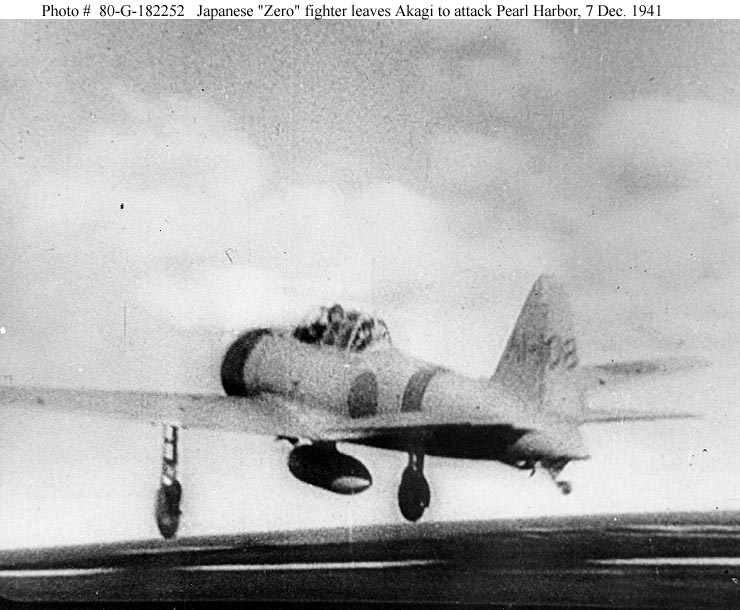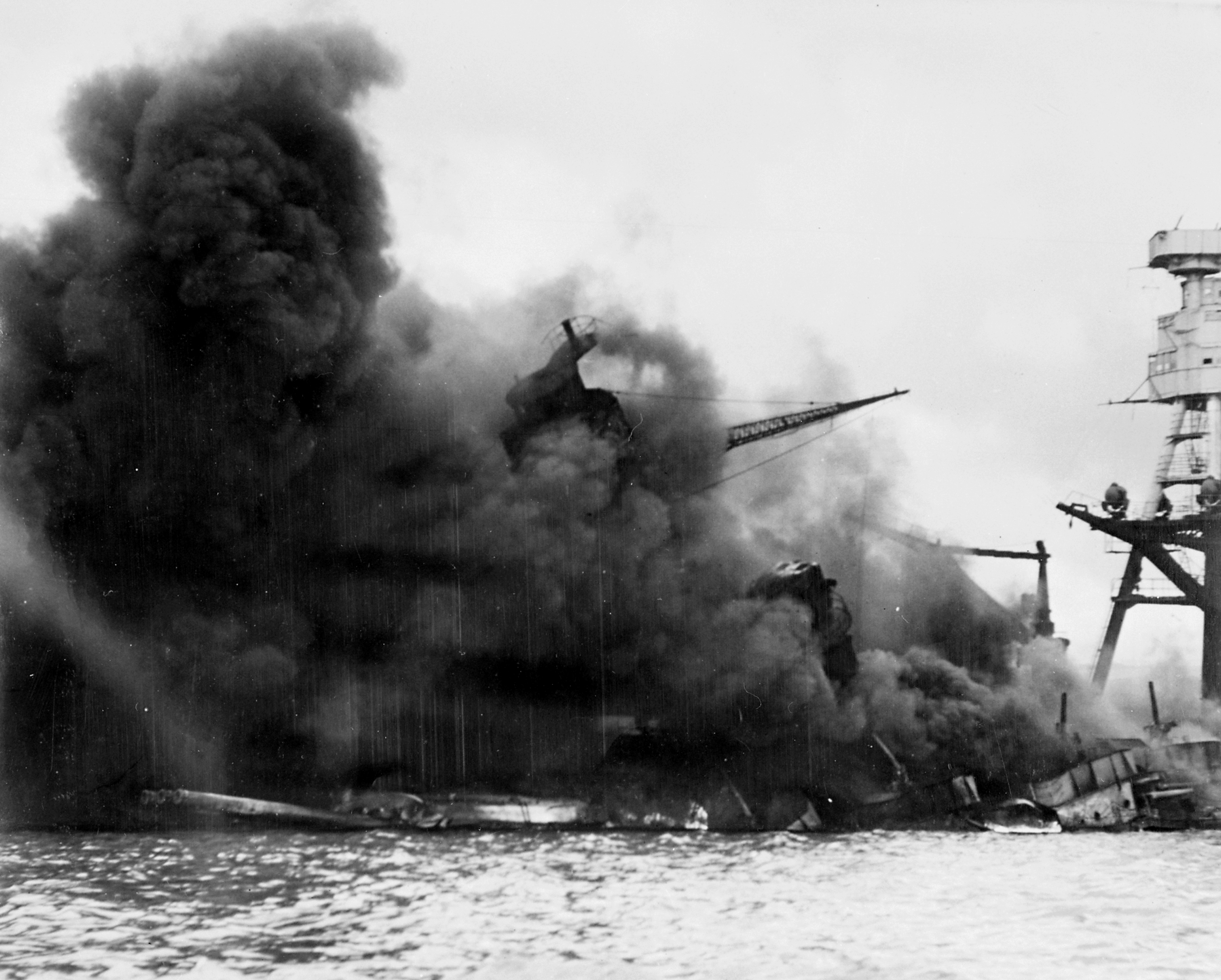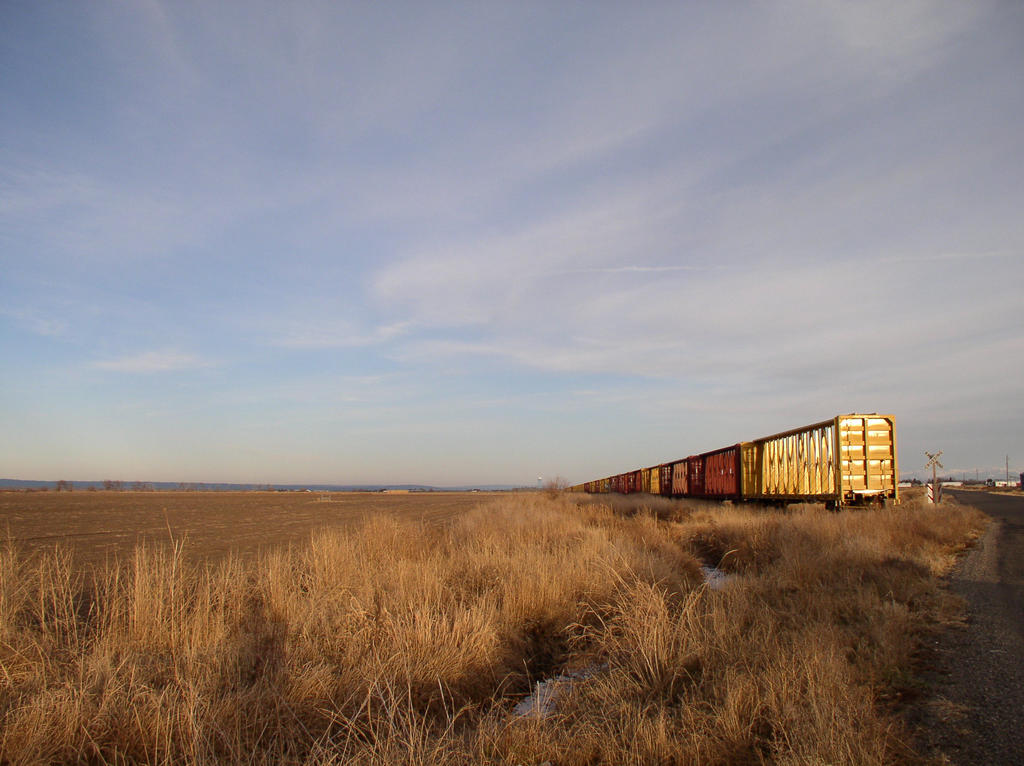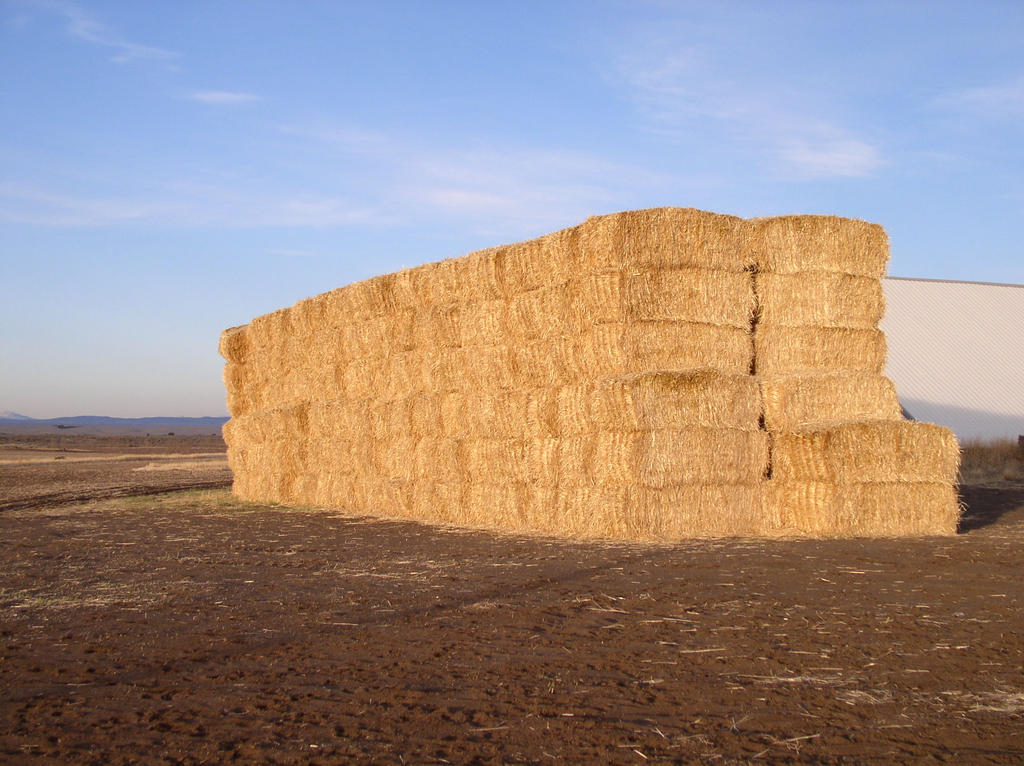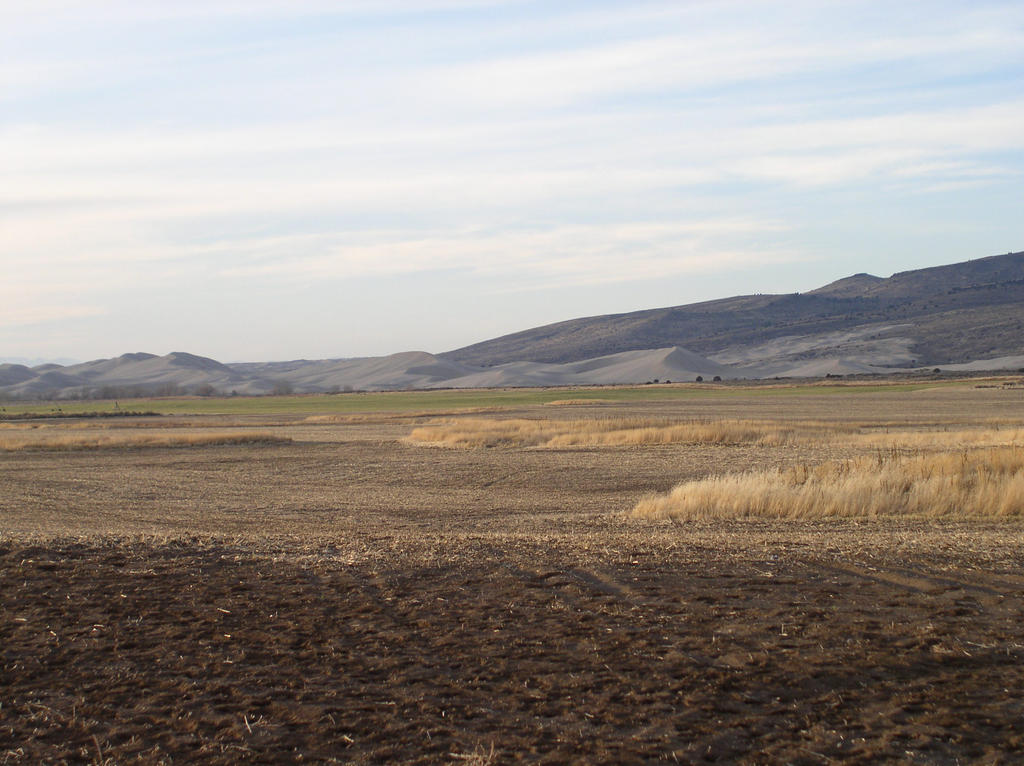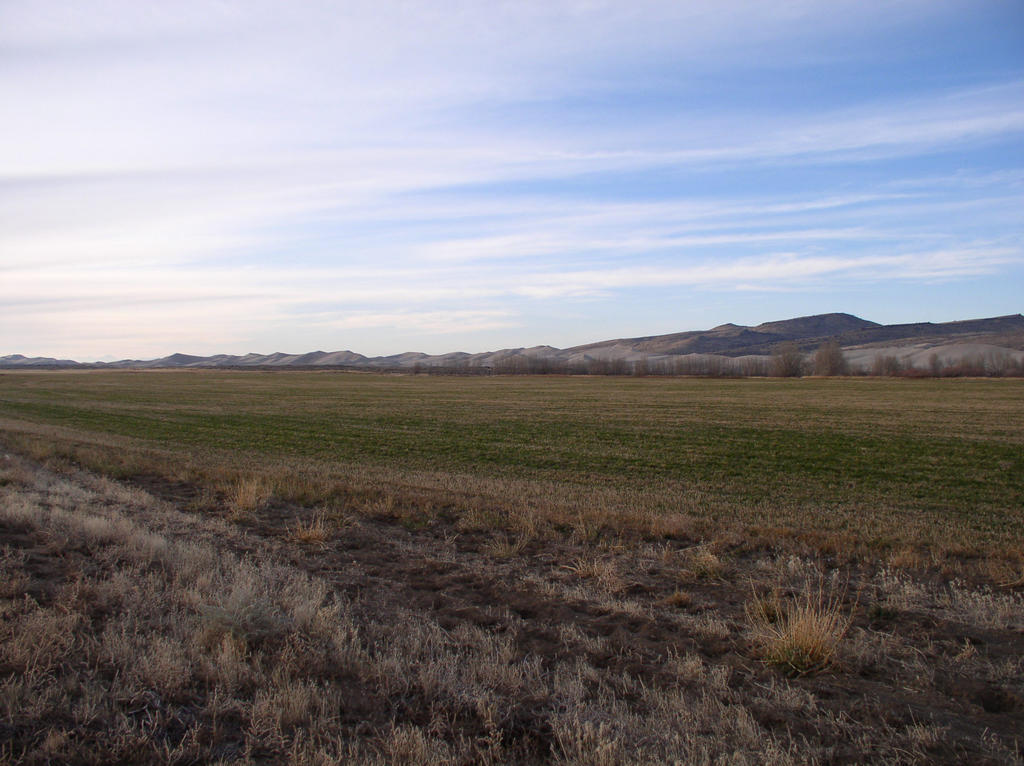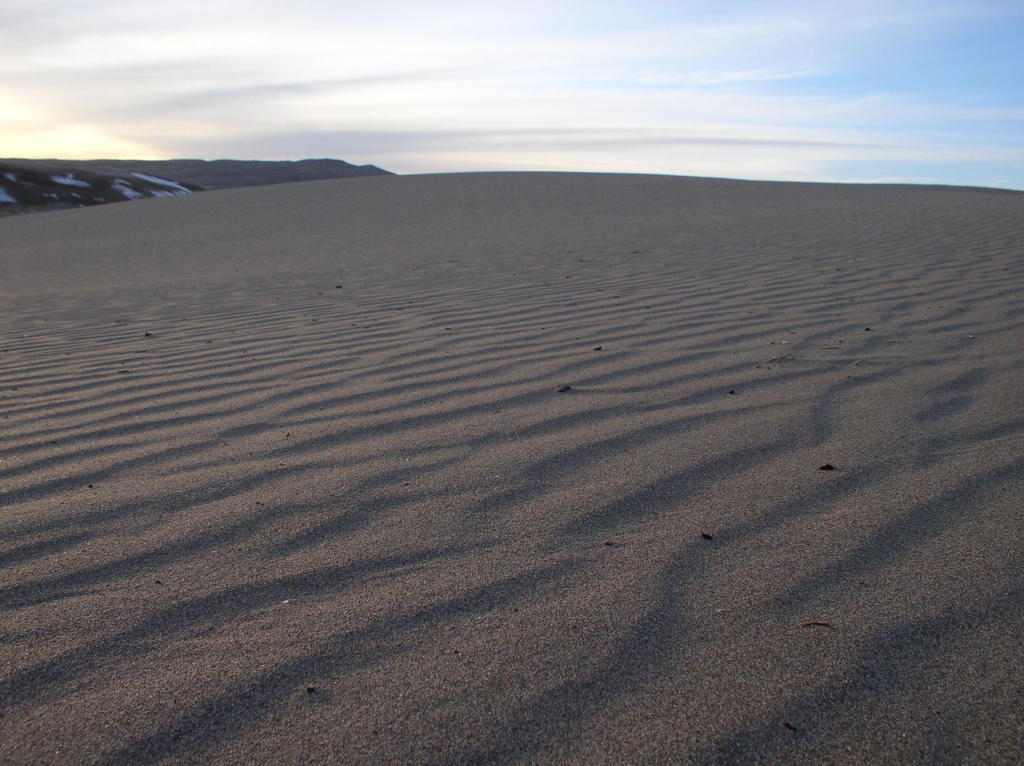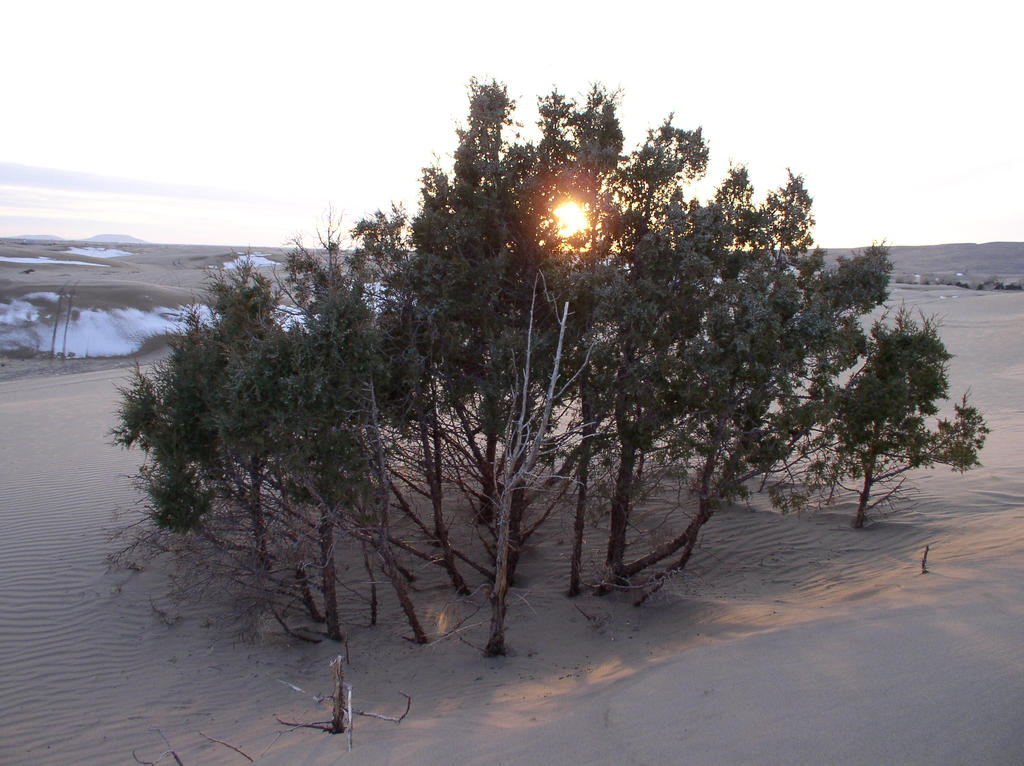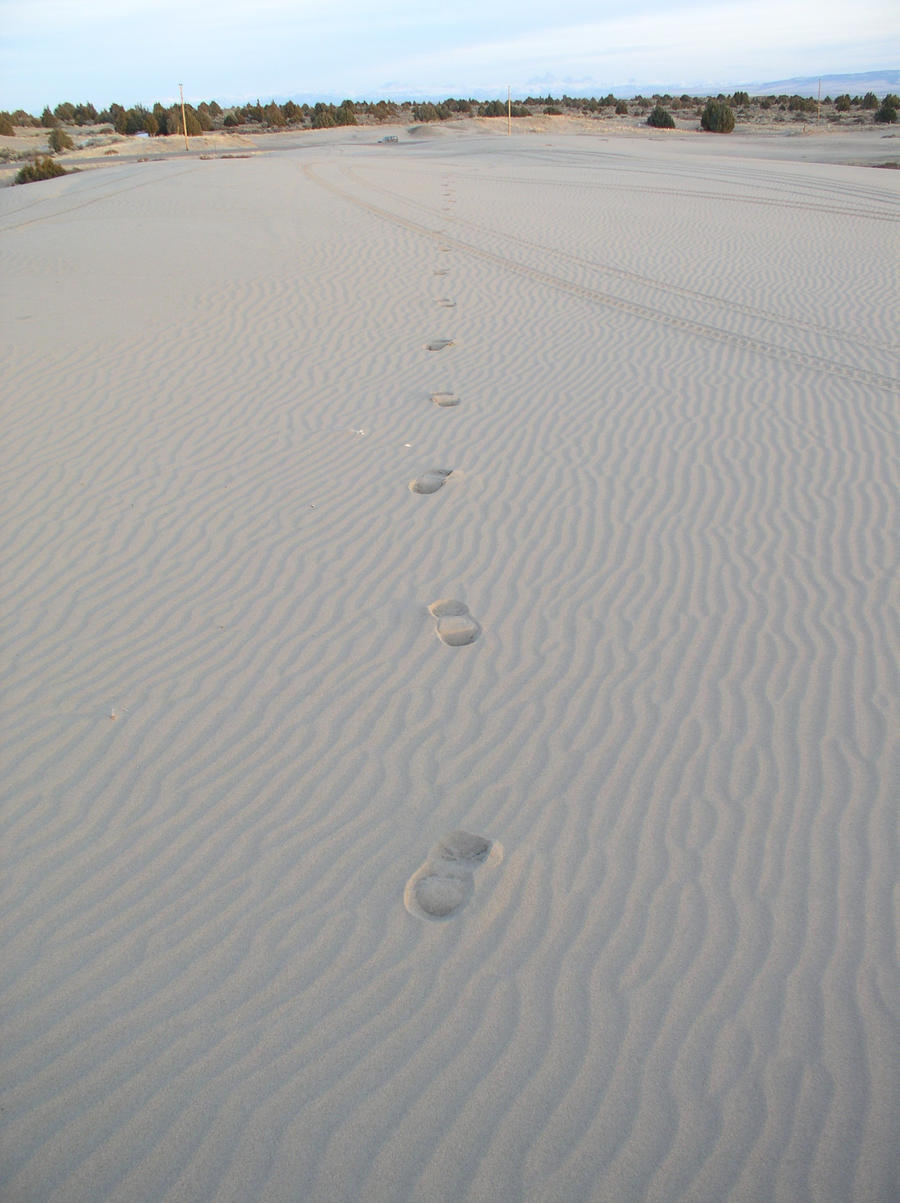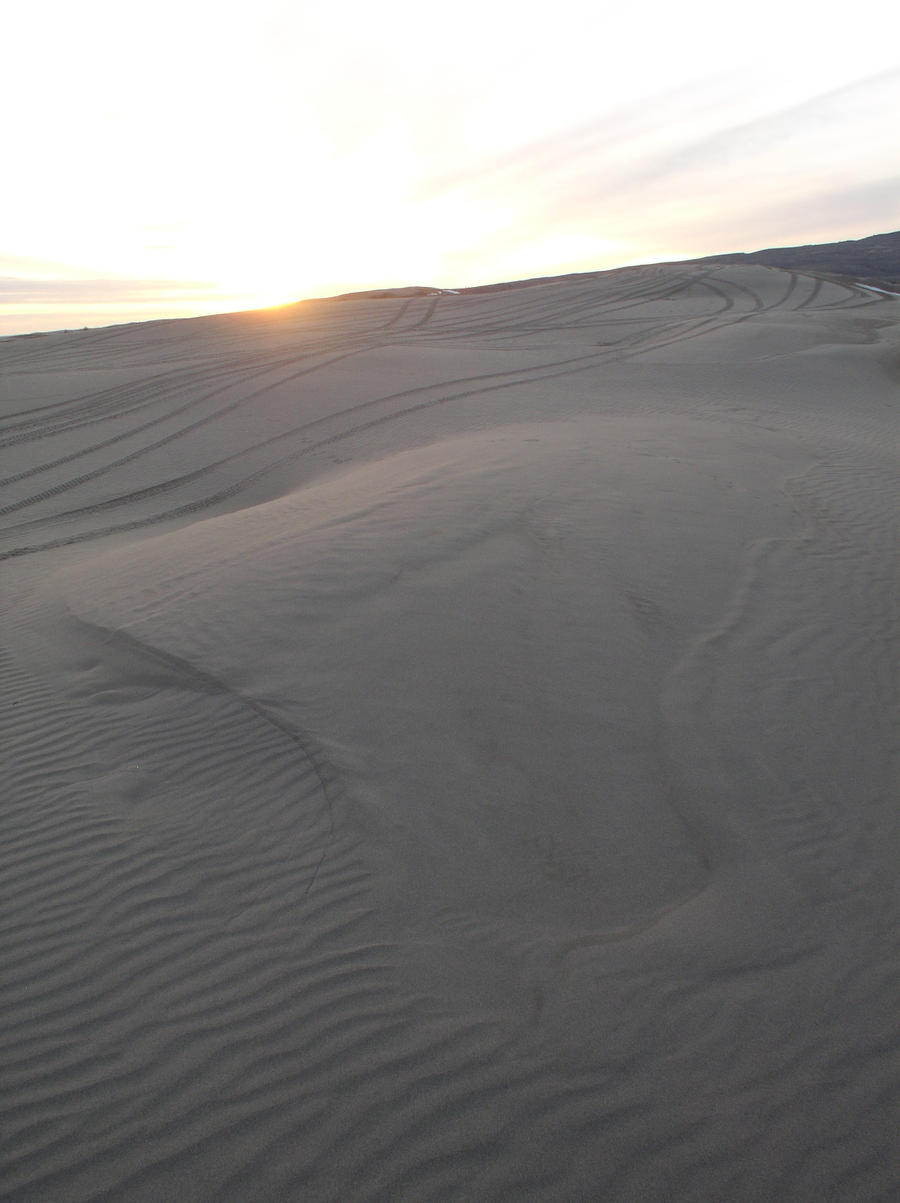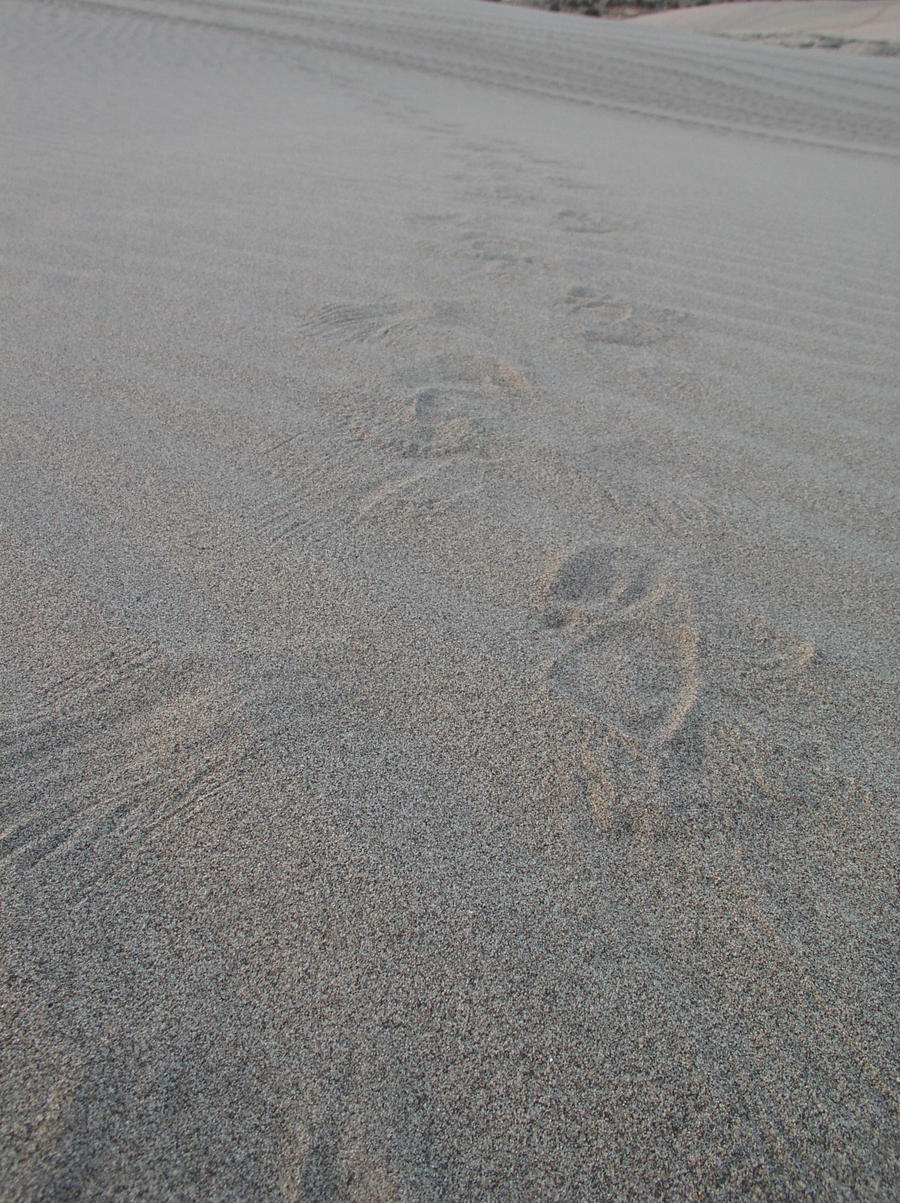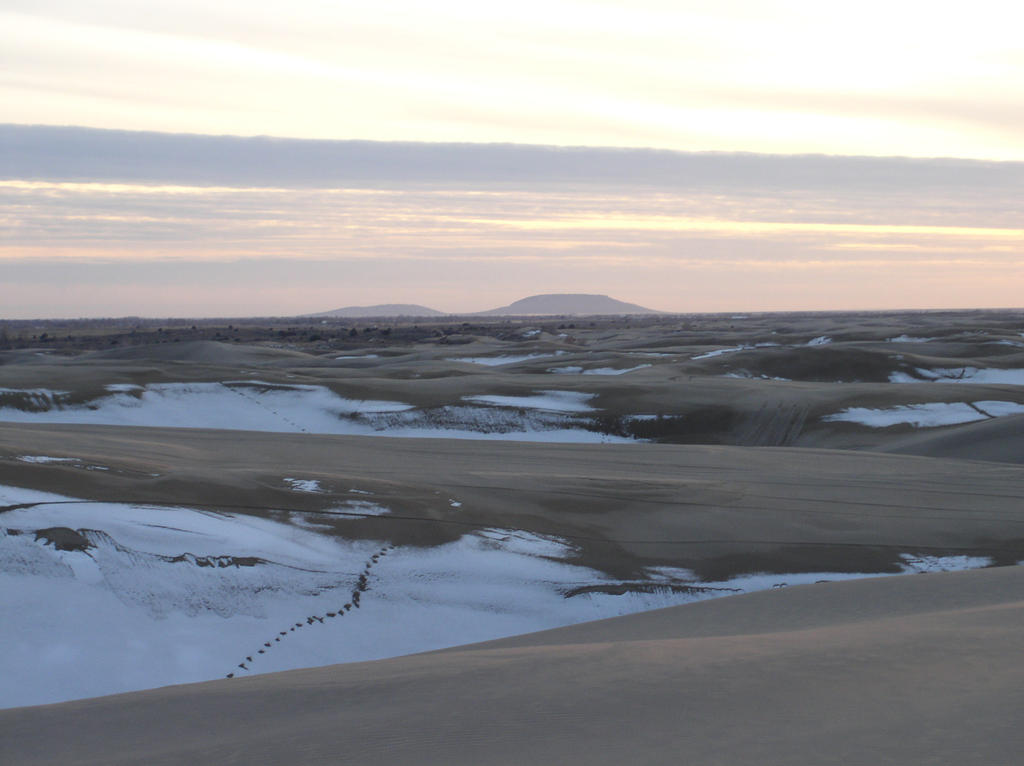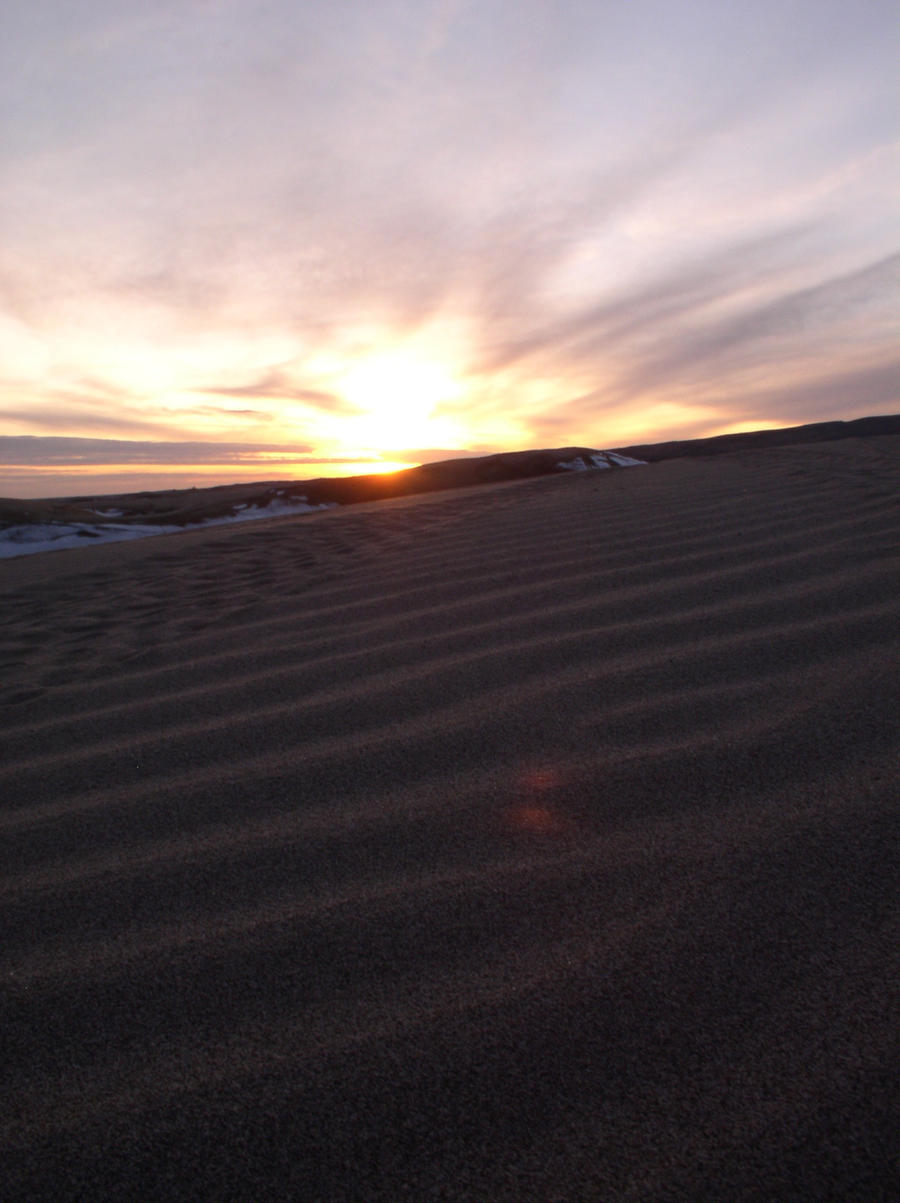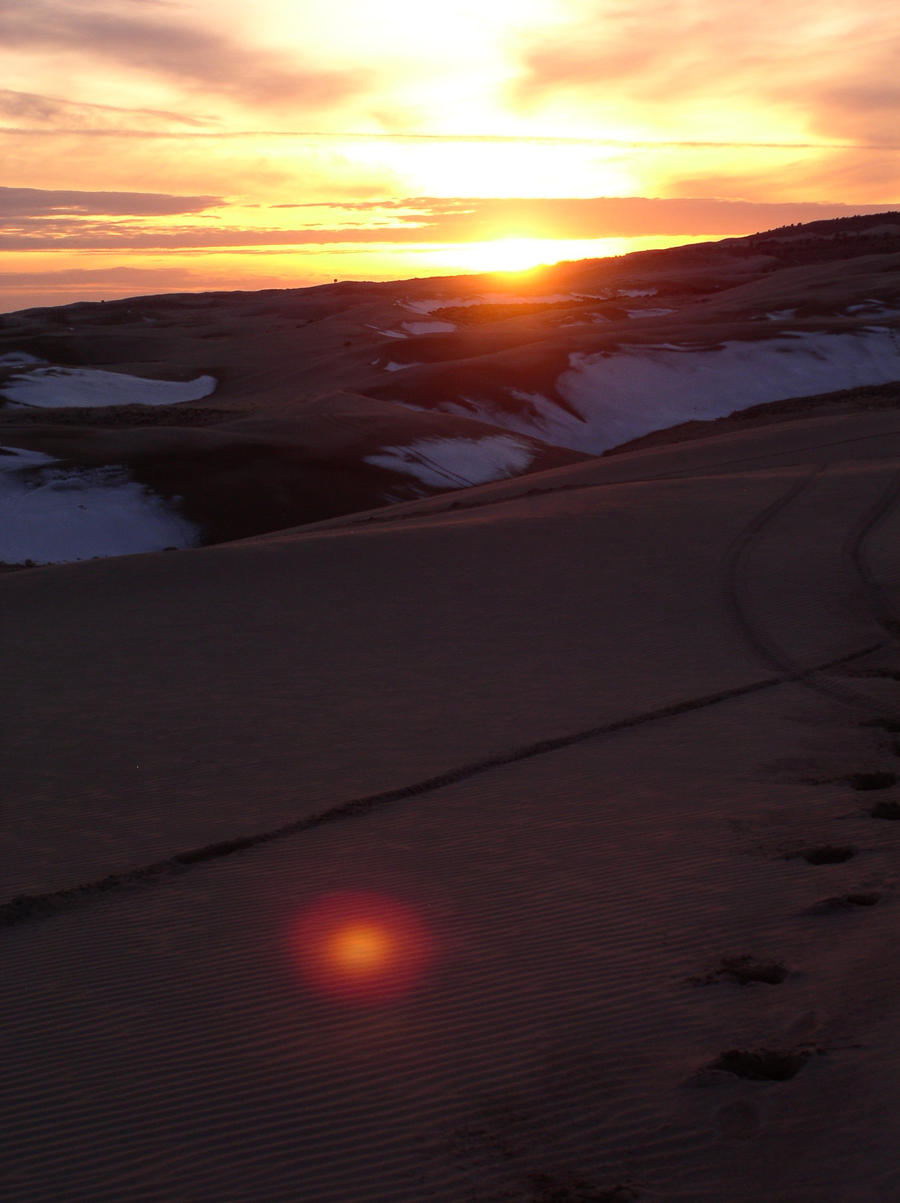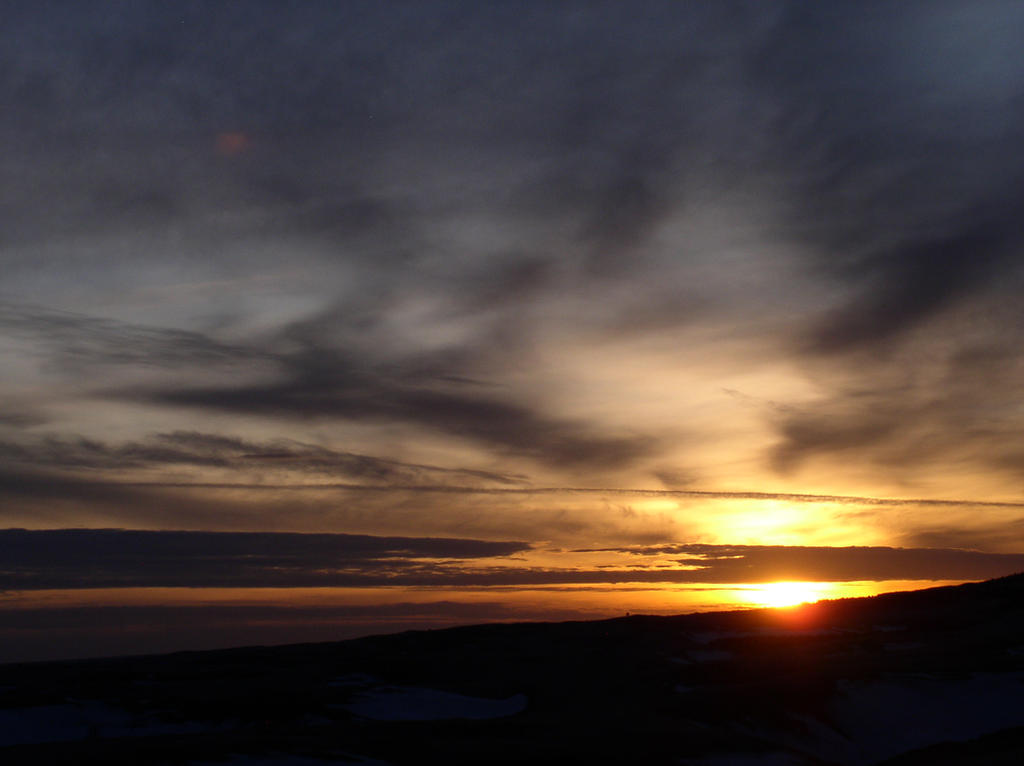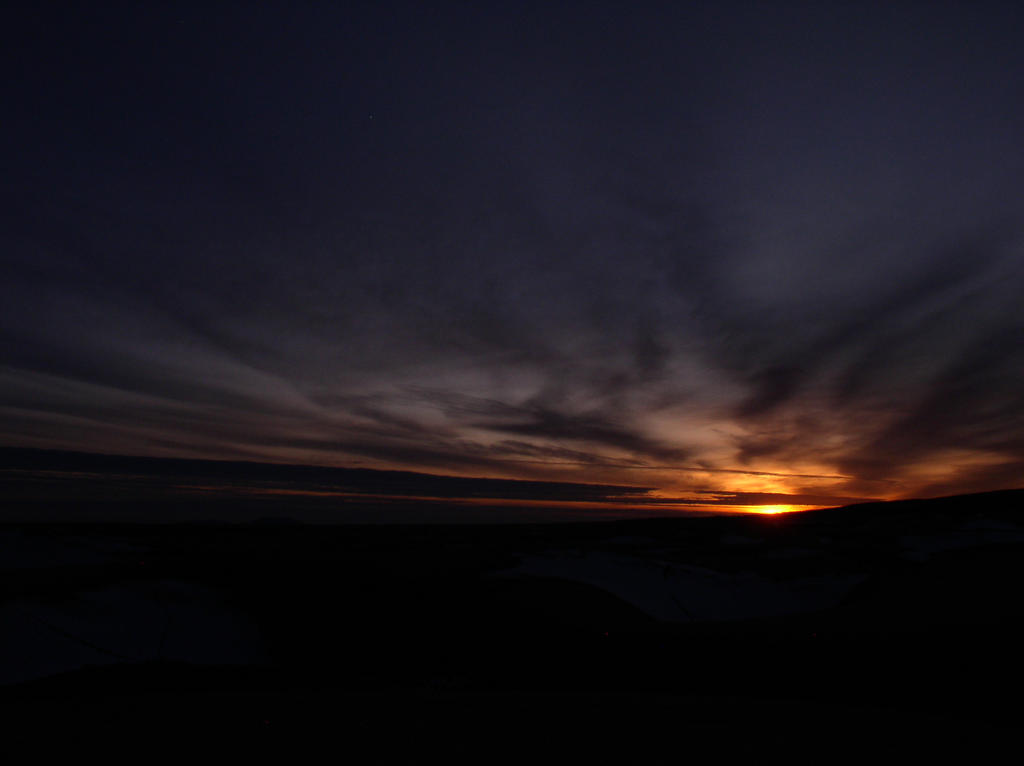Wednesday, December 24, 2008
Christmas Music
Saturday, December 13, 2008
School is Out!
Wednesday, December 10, 2008
Luminescent 'Shrooms






Sunday, December 7, 2008
Remember Pearl Harbor
Friday, December 5, 2008
St. Anthony Sand Dunes
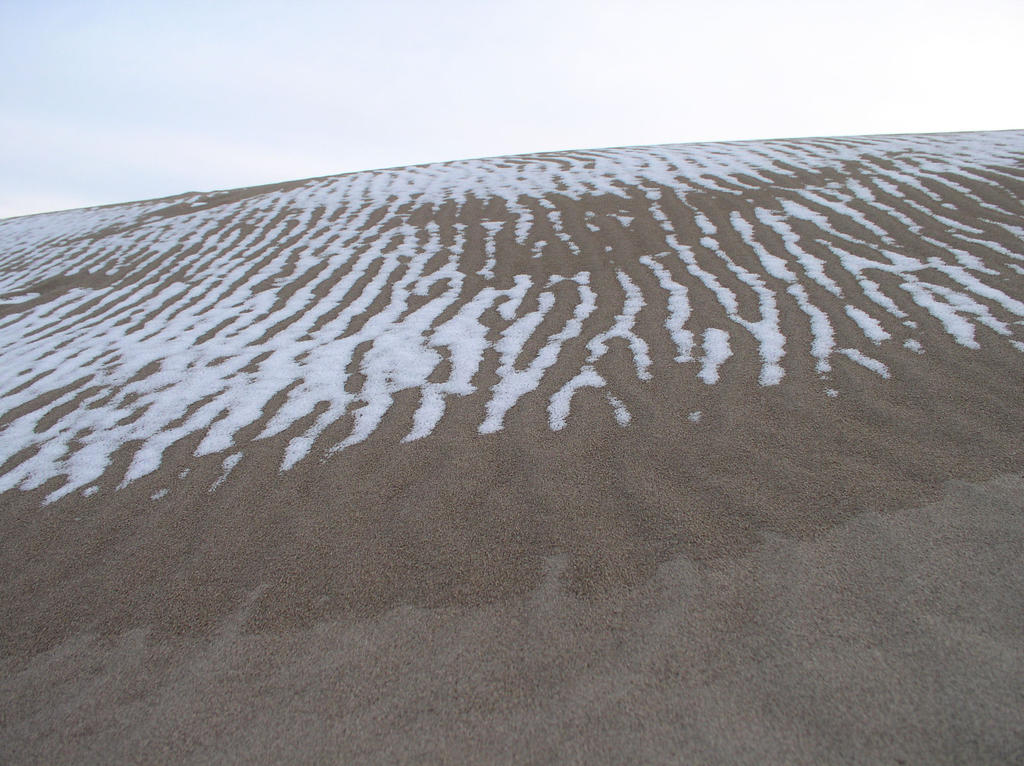
Wednesday, November 26, 2008
The True Meaning of Thanksgiving
The lies about Thanksgiving go even farther. This is from a story by Mike Ivey in the Madison Capital Times, under the headline "The Pilgrims Were Really Grave Robbers":
So if the Pilgrims were out digging up graves, why didn't they get the plague? I've heard similar stories cited elsewhere, as well. While it is true that disease and conflict had widespread effects on the native populations and colonists alike, this has nothing to do with Thanksgiving. And of course every year PETA complains about cruel treatment of turkeys, as if it would make us stop eating them.Everything you know about the "first" Thanksgiving is wrong.
Plymouth Rock.
Pilgrims.
Perseverance.
Big feast.
Happy Indians sharing in the bounty.
According to award-winning filmmaker Patty Loew, it's all bunk, except maybe the part about eating turkey. Early settlers were so hungry they ate about anything with fur or feathers.
Otherwise, there is little connection between reality and the version of Thanksgiving events still taught in most schools.
That point was hammered home Sunday by Loew.
A member of the Bad River Band of Lake Superior Ojibwe, Loew was the keynote speaker at the third annual "Interfaith Thanksgiving Celebration" held at Lakeview Lutheran Church on Madison's north side.
Loew said the problem with the traditional Thanksgiving story is that it plays to the American version of history where peace loving English settlers tame the wilderness and survive attacks from the bloodthirsty Indians.
"It's the quintessential American holiday," she said. "It involves escaping danger, surviving in a harsh environment, carving out a new life."
Unfortunately, Loew says, the whole Thanksgiving story is nothing but myth.
In reality, the Indian tribes living along the Eastern seaboard had been decimated by disease in the years preceding the storied landing at Plymouth Rock in 1620.
An epidemic of bubonic plague, most likely brought to the New World by European fishermen in 1617, had killed an estimated 90 percent of the Native population by the time the Pilgrims landed in Massachusetts.
"What the settlers found were empty villages with crops still in the field because the Indians had either died or left," Loew said, quoting a version of events laid out by author James Loewen. www.trinicenter.com/historicalviews/thanksgiving.htm.
The more religious of the settlers -- only 32 of the 102 who landed at Plymouth were actually Pilgrims -- thought the existing villages and cleared fields were a sign that God was providing for them.
Other settlers took to digging up the graves of Indians, picking through the housewares, blankets or weapons buried with the dead.
"So the first Thanksgiving in America was actually held by grave robbers," Loew told the crowd of more than 200.
Loew challenged the audience to tell the correct version of events and think about what it means when they celebrate this Thursday with family or friends.
"We're not just talking about feel good history, but history that reflects the truth," said Loew, a longtime local TV anchor who serves as associate professor of life sciences communications at UW-Madison.
"The experience that we had in this common course and condition, tried sundry years...that by taking away property, and bringing community into a common wealth, would make them happy and flourishing – as if they were wiser than God...For this community (so far as it was) was found to breed much confusion and discontent, and retard much employment that would have been to their benefit and comfort. For young men that were most able and fit for labor and service did repine that they should spend their time and strength to work for other men's wives and children without [being paid] that was thought injustice."Seeing the dangers ahead, and fearing that this communal system would be as harmful as the harsh winter they had suffered through, Bradford decided to ignore the original contract with the merchant sponsors, and divided the land into individual plots, for which the colonists were personally responsible. He got the system out of the way and allowed capitalism to take over. Bradford wrote that "This had very good success, for it made all hands industrious, so as much more corn was planted than otherwise would have been. The Pilgrims soon found themselves with more bounty than they could consume themselves, and so were able to set up trade with the Indians. Their success attracted more settlers and began the Great Puritan Migration.

Monday, November 24, 2008
Teton Sunrise
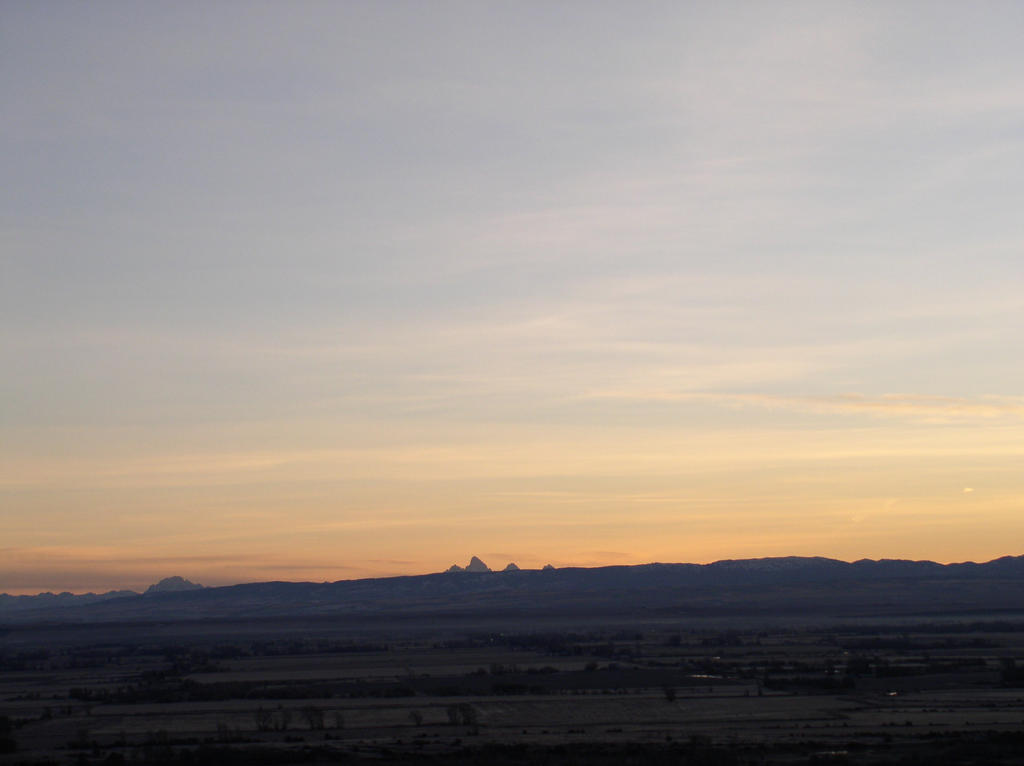
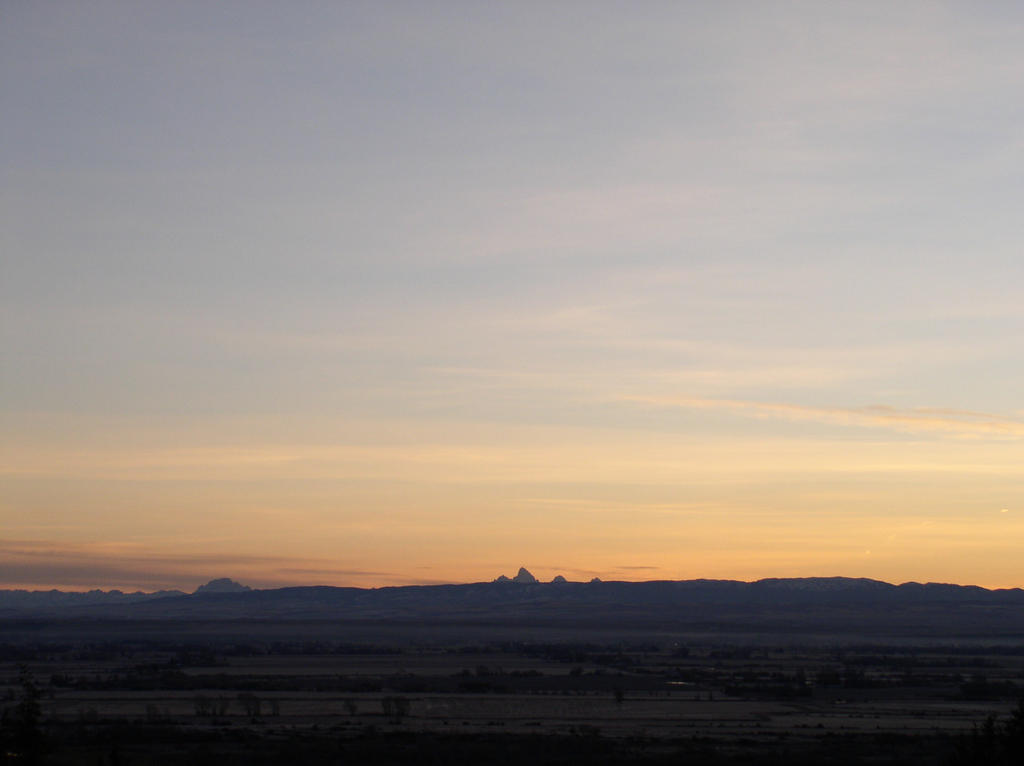
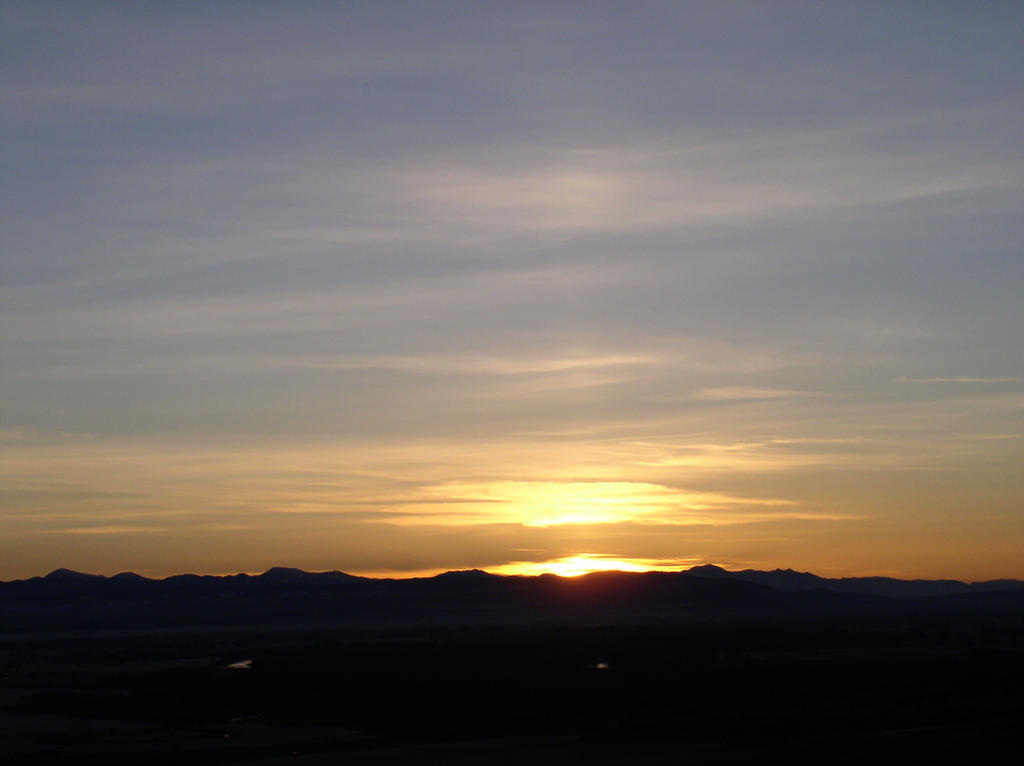
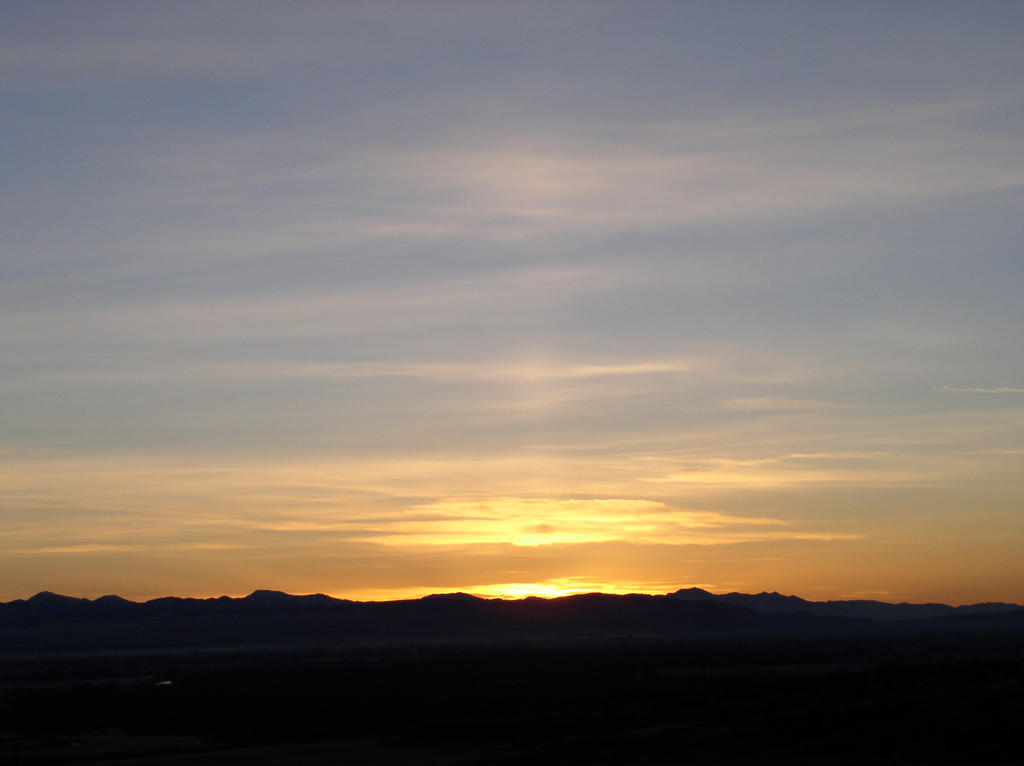
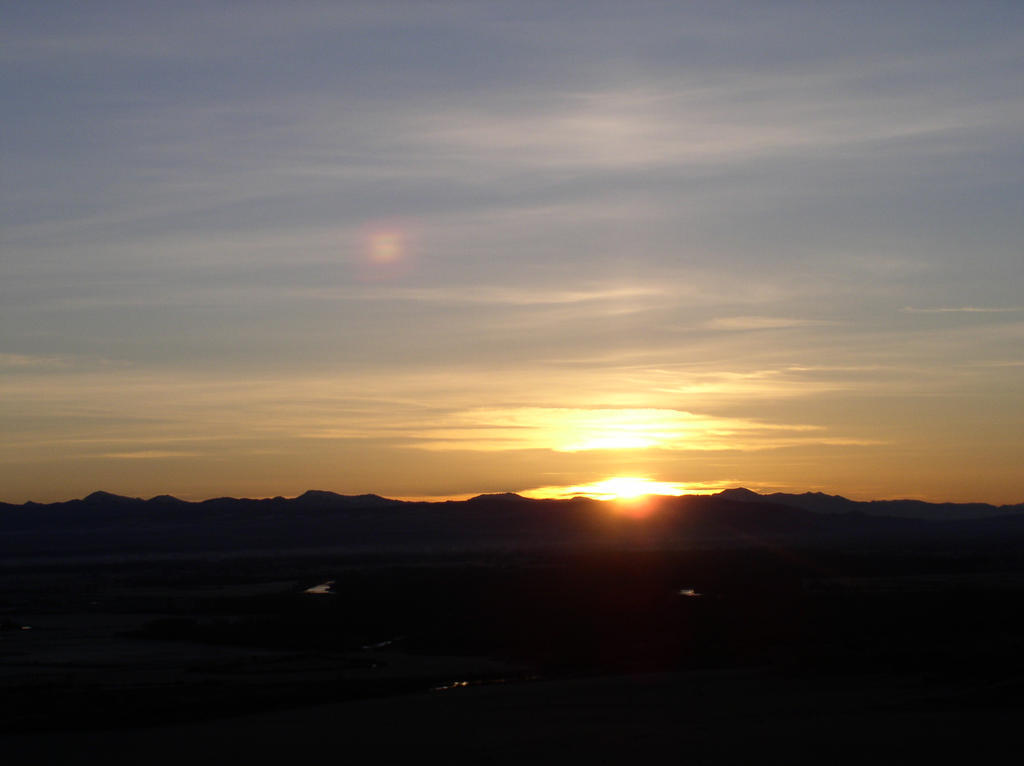
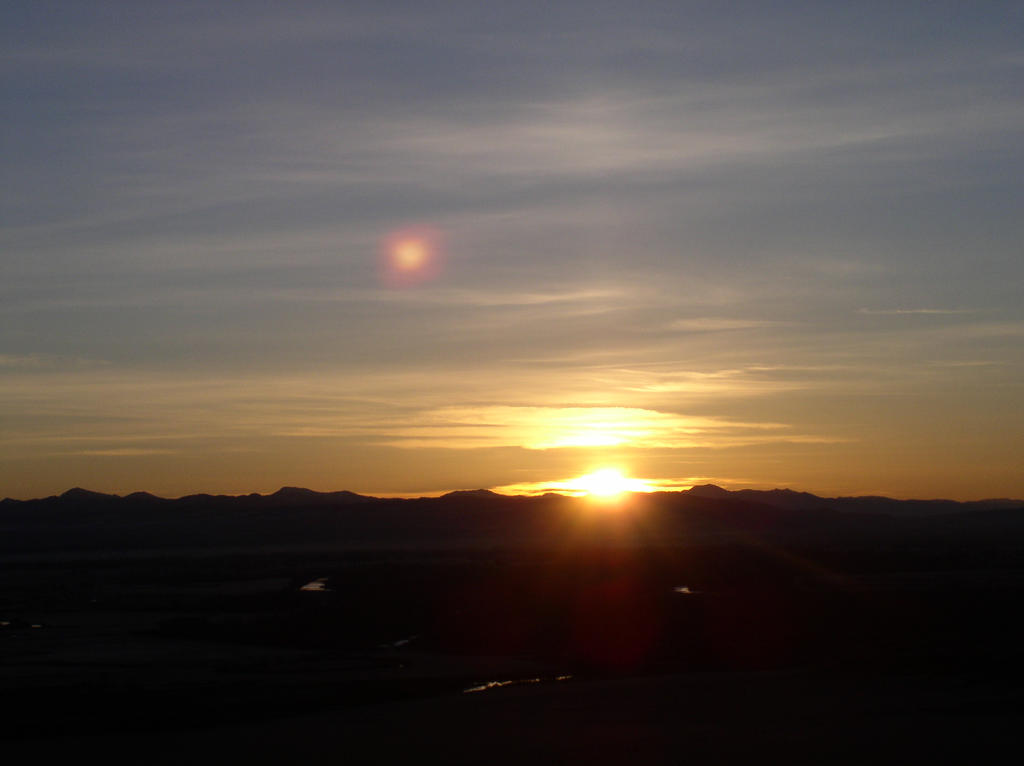
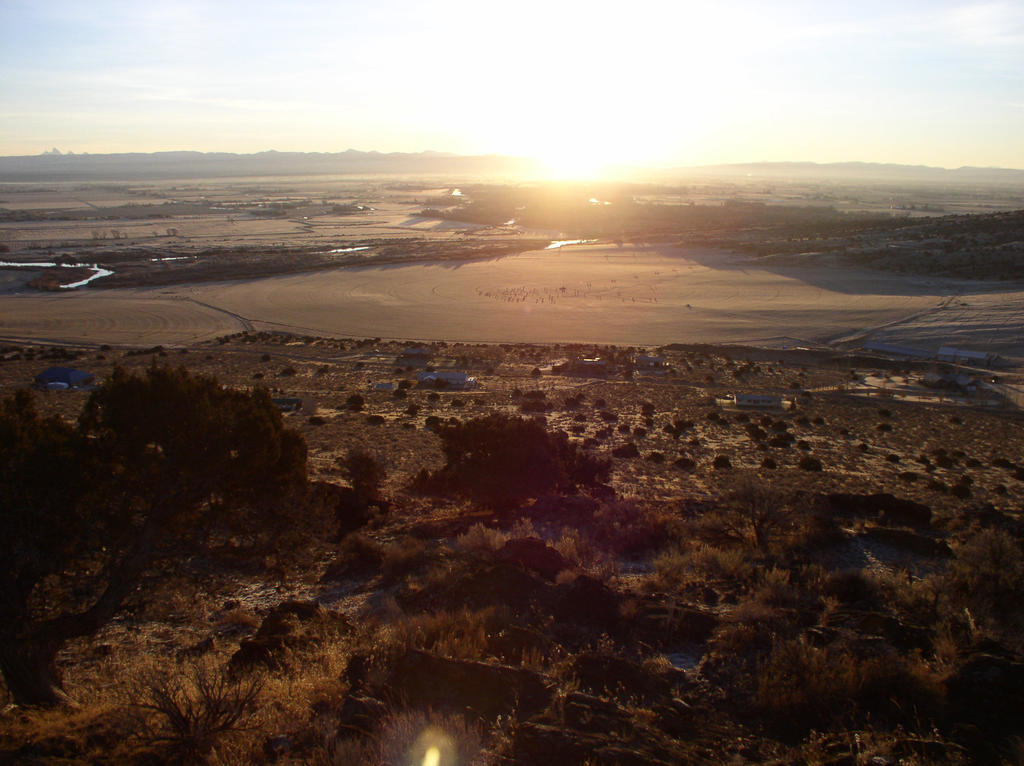
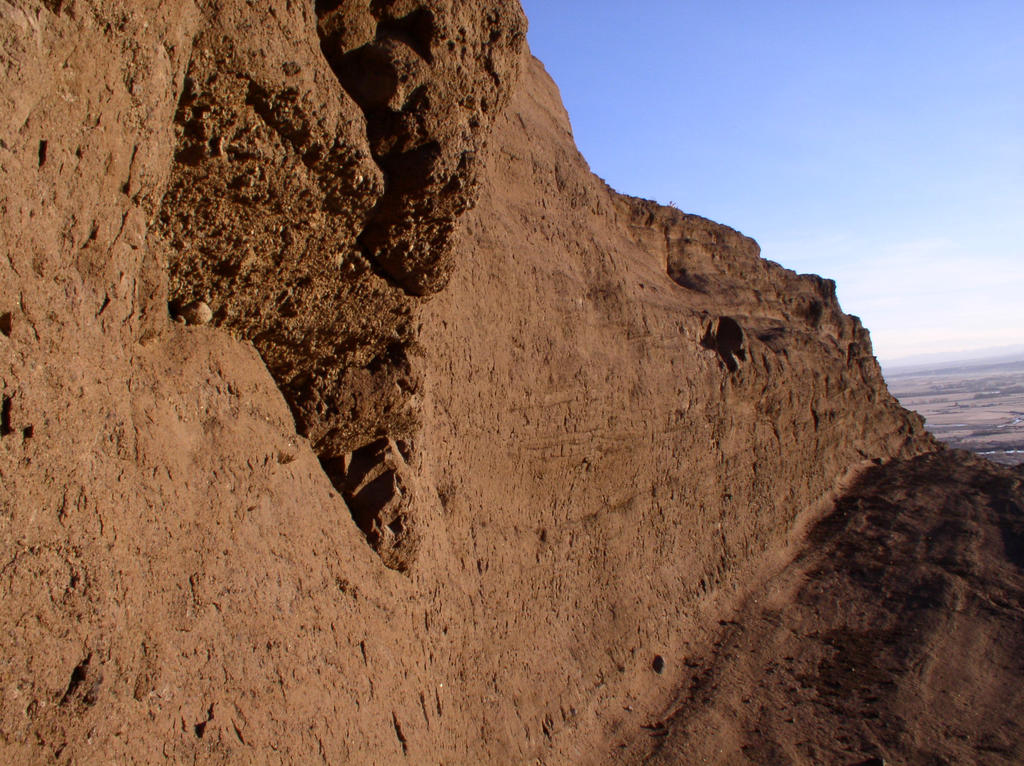
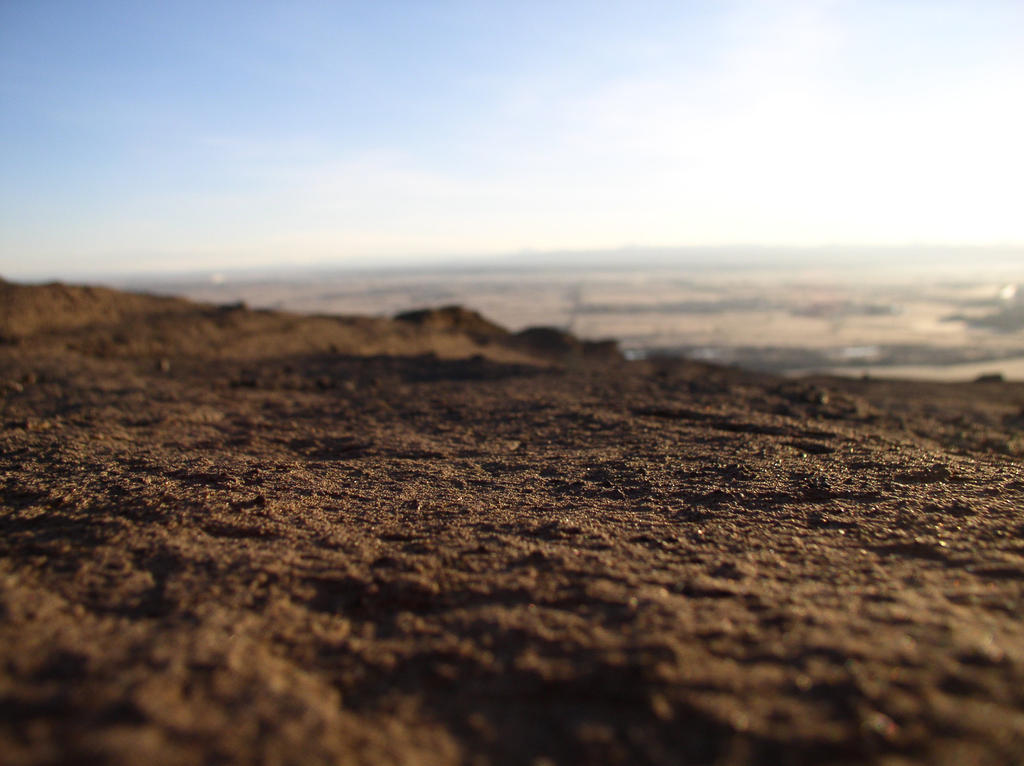
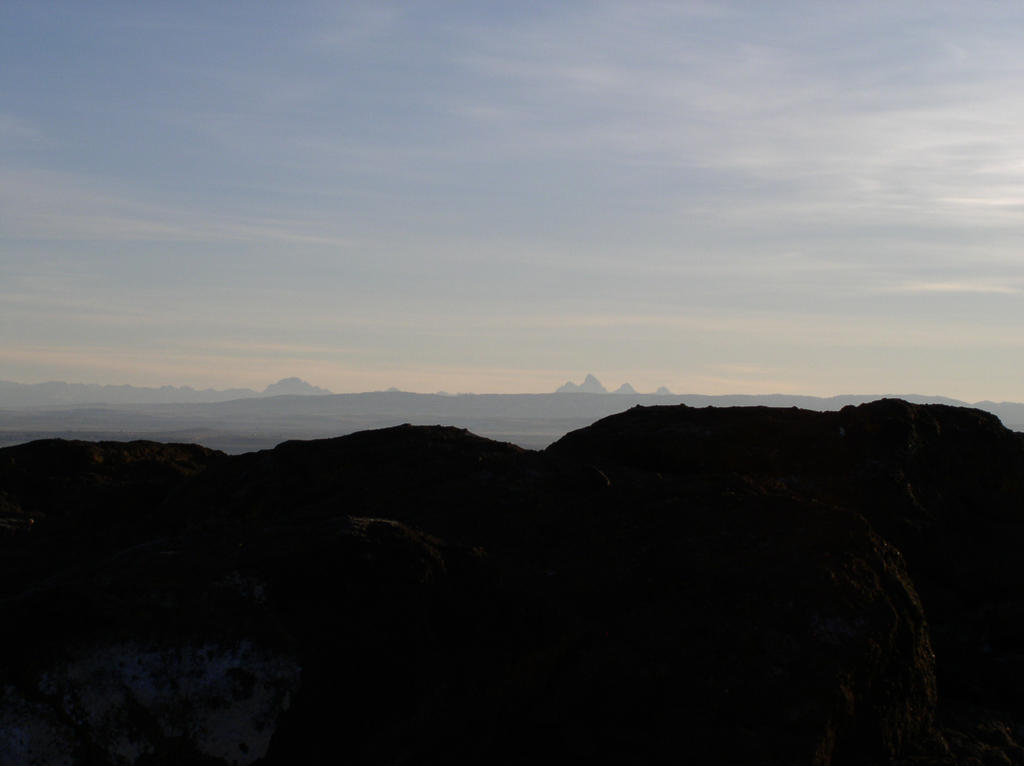
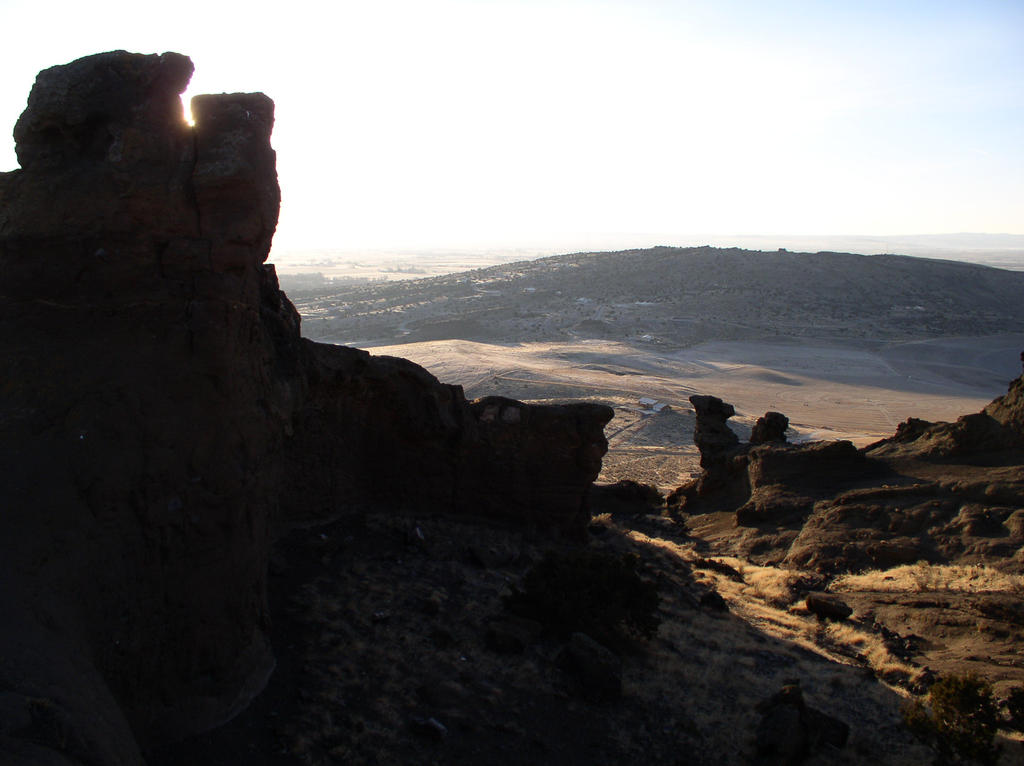
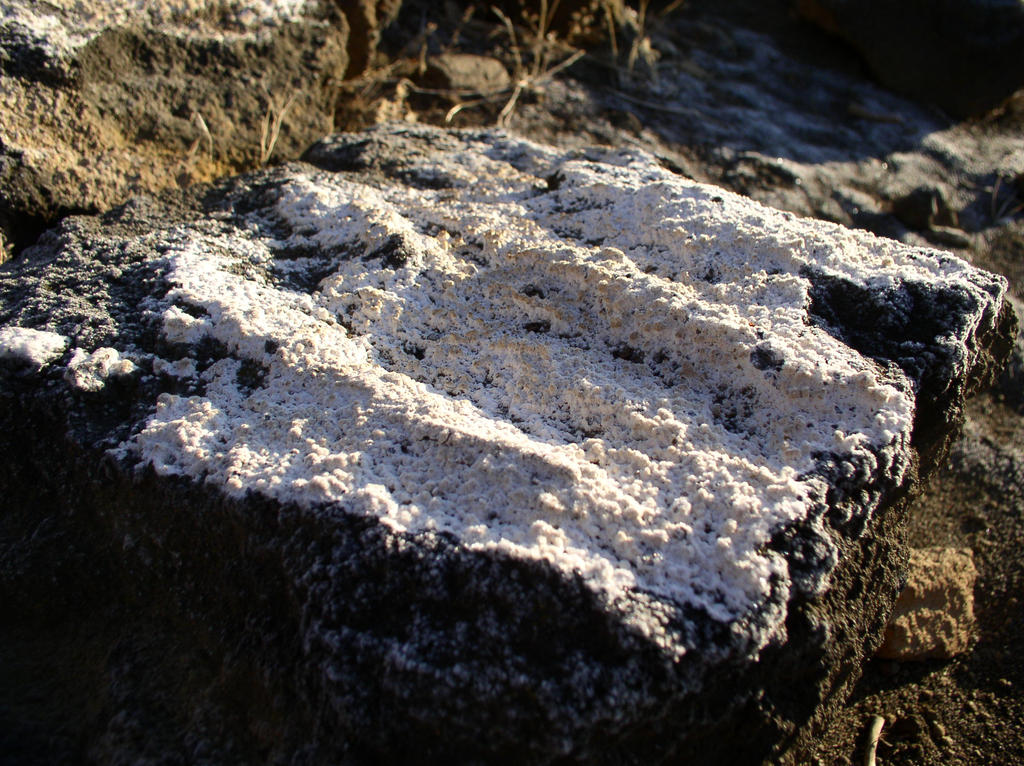 Now on to the rest of my Thanksgiving break. I mean, back to tons of homework during my "week off."
Now on to the rest of my Thanksgiving break. I mean, back to tons of homework during my "week off."
Sunday, November 23, 2008
Do You Know Muse?
Automated advertising can be funny. I'm pretty sure Facebook and Google, etc. use information from my profile to advertise to my interests, but this unintended mixup made me laugh:








